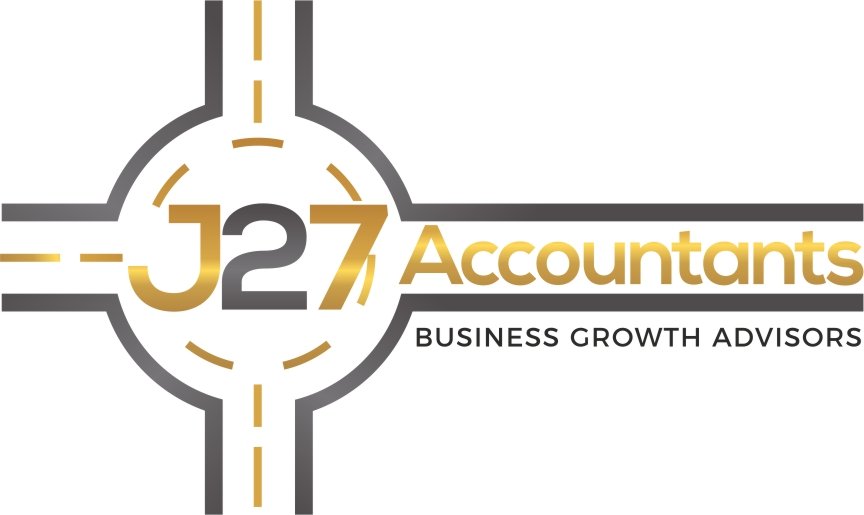Do I Need a Business Bank Account?
If you’re running a business in any form – as a limited company or sole trader, you have to consider the finances and legalities surrounding your business. In handling this, one of the many common factors is questioning the need for a business bank account.
We’ll discuss all you need to know about business bank accounts so you can answer the question yourself if you need a business bank account.
But first,
What is a Business Bank Account?
A business bank account is an account solely meant for your business. Like regular accounts, you can pay in and withdraw money when you require. Business accounts also have far more features than personal accounts, including the ability to create invoices, run your payrolls and facilitate card payments. Business accounts also allow you have a business overdraft and credit card from your account.
Even though you will see many advertisements from banks saying that getting a business account is free, this isn’t usually the case. Running a business account requires a monthly fee, but some banks can waive this fee for the first couple of months as an incentive for signing up. Most of the costs associated with running a business account are towards concessions tailored to business demands, including giving access to financial services like credit cards, business loans, overdrafts, and strong protection from fraud.
Are You Mandated by Law to Have a Business Bank Account?
In examining what the law says about mandating business accounts, we will look at sole traders, freelancers, and limited companies.
Sole Traders
If you are operating your business as a sole trader in the UK, there is no legal requirement binding you to create a business account. However, HMRC states that you should record all your business transactions separate from your personal transactions.
That said, having a separate bank account for your business operations will make the process of filing tax returns more straightforward and quicker. A business account gives you a one-stop spot where you can view all your business transactions. Even though there is no requirement that the account you use for your business transactions is a business account, you should check the terms and conditions of your personal bank account as some state that you cannot use it for business.
Limited Company
HMRC requires limited companies to have a separate business bank account. The law recognises a limited company as a separate legal entity from the individual, so it has its finances and legal obligations. The limited company retains all the profits it makes, and its decision-makers could share it with shareholders as dividends.
If you have registered your limited company at Companies House, it is a requirement that you create a bank account for your business. Also, ensure you keep the finances of your business and personal life separate at all times. Refrain from using your business account for personal expenses and vice versa.
Freelancers
Most freelancers are registered as sole traders with HMRC, so the same rules that guide sole traders apply to them. There is no requirement to open a business account, but separating your business and personal transactions with two different accounts can make managing your finances and tax returns easier.
Some freelancers register as limited companies. In that case, they will have a requirement to open a business account because the business is seen as a separate legal entity. It would be best if you considered this as a freelancer before registering with HMRC either as a sole trader or limited company.

Advantages of Having a Business Bank Account
Check out some of the benefits of having a business bank account.
Easy Administration
A business account lets you easily separate all your business income and expenses from your personal account. Depending on the bank you are using, one click can separate all your credit and debit transactions on your business account, making it far more convenient to fill a tax return. The administration is far more manageable as you don’t have to comb through every transaction and bank statement to identify business purchases.
Stay Compliant With terms and Conditions.
Many banks have terms and conditions that forbid you from using personal accounts for business transactions. If you are receiving small amounts of money, there is no problem, but it can raise a red flag as soon as you start carrying out many transactions. Creating a separate bank account for your business prevents you from breaking your bank’s rules.
Build a Credit Rating
You can apply for a credit card or a business loan with your business bank account. Before you can make the application and get granted, you need a decent credit rating to a level. A business bank account allows you to start building a credit history for your business if you’re deliberate about it. Lenders typically don’t offer business loans to personal accounts. After making your credit rating, you will be able to apply for business products conveniently.
Gives Your Business a Professional Look
If you have a business bank account, anytime your suppliers or customers make/receive payment from it, they’ll see your business name. This gives you a professional look and lets people take you more seriously rather than when you’re using your personal account. Even though it may not necessarily mean you’ll lose clients, having a business bank account shows your business partners and customers that you are a serious establishment.
How To Know the Right Time to Open a Business Bank Account?
You might be confused about knowing when it is right for you to open a business bank account. Check the below questions to help you in your decision. If your answer is Yes to any of them, it may be time to open a business bank account.
- Do you want to get a business credit card?
- Are you considering incorporating your business as a limited company?
- Do you require accounting software or banking app integrations for expanded operations?
- Is it now a challenge to separate your personal expenses from your business income?
- Is there an increase in the number of transactions you have to process?
- Do you wish to take out a business overdraft or loan?
- Do you want to start taking customers’ payments by card?
Conclusion
If you’re starting as a sole trader and your operations aren’t cumbersome, a personal account would work to an extent for you. But as soon as your operations start expanding and your business starts growing, it might become necessary to register as a limited company and get a business account, so customers take your business seriously. If you need help with any of this, feel free to reach out to J27 accountants for any help.
